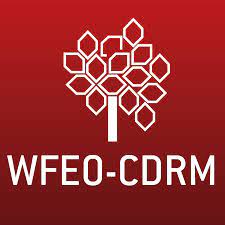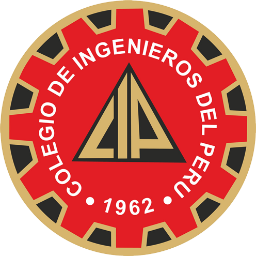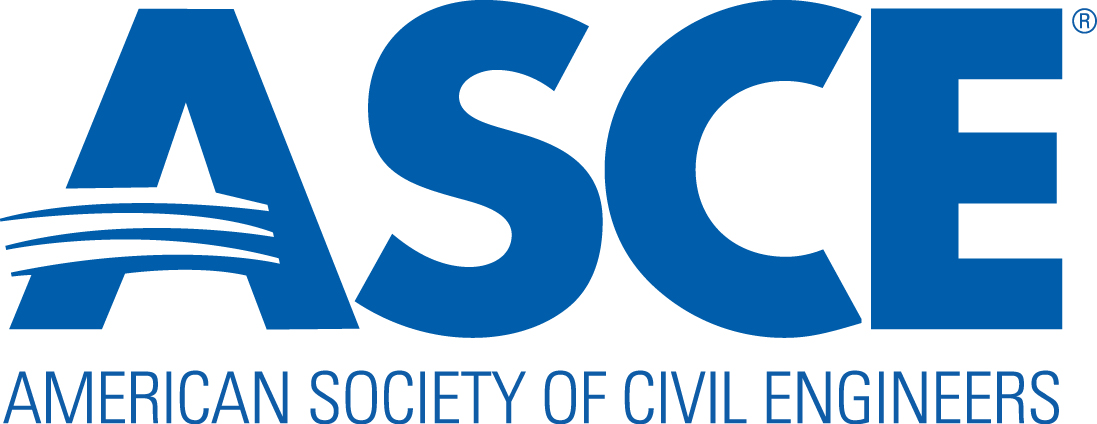CONCEPT NOTE
UN STI FORUM SIDE EVENT
BACKGROUND
The seventh annual Multi-Stakeholder Forum on Science, Technology and Innovation for the SDGs (STI Forum) will be held from 5 to 6 May 2022, convened by the President of ECOSOC. The theme of the STI Forum is closely aligned with the 2022 High-Level Political Forum on Sustainable Development and is “Science, technology and innovation for building back better from the coronavirus disease (COVID-19) while advancing the full implementation of the 2030 Agenda for Sustainable Development”. The Forum has an exclusive focus on the role and contributions of science, technology and innovation on UN Sustainable Development Goal #4 (Education), Goal #5 (Gender) Goal #14 (Life below water), Goal #15 (Life on land) and Goal #17 (Partnerships).
The World Federation of Engineering Organizations Committee for Disaster Risk Management (WFEO CDRM) represents experts in this field internationally. The Federation’s members are professional engineering institutions exceeding 100 nations, representing more than 30 million engineers. The International Science Council (ISC) represents more than 130 unions in natural and social sciences. WFEO and ISC are the Co-Chairs of the Science and Technology Major Group in the Major Group of Stakeholders at the UN. Both organizations are recognized by ECOSOC.
WFEO, UNESCO and ISC, as major international organizations in science, technology and engineering will come together for a side event that will provide valuable expert advice and capacity building in the area of disaster risk management and resilience.
An important publication “Engineering Resilience in Disaster Risk Management for Sustainable Development” has been developed by the international experts who are members of the WFEO CDRM and will be released at the event by the UNESCO Assistant Director General, Natural Science Sector, Dr Shamila Nair-Bedouelle, who has also provided a Foreword.
The book provides guidance on planning and policies to reduce the impact of natural disasters in high risk areas, the design and development of resilient infrastructure systems, data systems on natural disasters and advice on best practices for institutional frameworks.
The document is both timely and relevant for member states that are dealing with increasingly hazardous natural events. It provides practical advice on engineering solutions that enable resilience, thus achieving the UN Sustainable Development Goals. The International Science Council will report on the achievements of the Integrated Research on Disaster Risk (IRDR) program. These initiatives will show how science and engineering can be a powerful lever to accelerate sustainable development especially in cities, essential for resilience against natural disasters in these environments.
EVENT OUTCOMES
The outcome of this event and the release of the book on current practices and engineering approaches to disaster risk management and report on the work of scientists in disaster risk reduction is expected to be highly valued by practitioners, policy makers, industry and academia on the most effective strategies to deal with natural disasters for sustainable development.
This event addresses key UN Sustainable Development Goals: SDG 4: Education, SDG 11: Sustainable Cities and Communities, SDG 14: Life below water, SDG 15: Life on land, SDG 17: Partnerships for the Goals.
EVENT FORMAT
The event will involve a plenary presentation by the UNESCO ADG Natural Sciences Sector on the importance of engineering approaches for disaster risk management and presentations from the lead authors, of the book on disaster risk management and representing all regions of the world. The Executive Director of the IRDR will also report on achievements of the program. The partnership between WFEO and ISC will result in the major science and engineering organisations being represented from more than 100 nations and representing, more than 30 million engineers and scientists.






